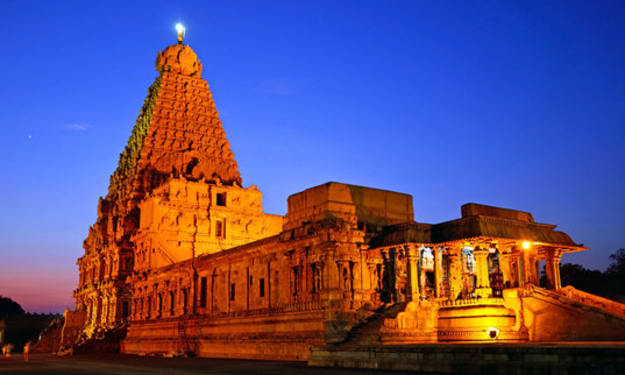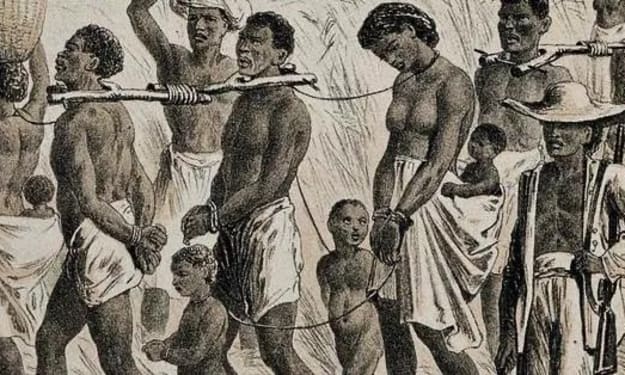Greek history and mistory
Greek tradition is a rich shade of stories and characters that have been told and retold for thousands of times. It encompasses a vast array of gods, icons , and fabulous brutes, each with their own unique narratives and significance.

Greek tradition is a rich shade of stories and characters that have been told and retold for thousands of times. It encompasses a vast array of gods, icons , and fabulous brutes, each with their own unique narratives and significance.
These myths were integral to ancient Greek culture, impacting their religion, rituals, and diurnal life. The Pantheon of Greek Gods At the heart of Greek tradition is the pantheon of gods who abided on Mount Olympus. The Olympian gods, led by Zeus, the king of the gods, were central numbers in Greek tradition. Zeus, the god of the sky and thunder, was known for his multitudinous romantic capers, which led to the birth of numerous other gods and supernaturals. Hera, his woman
and family, was the goddess of marriage and parturition, frequently depicted as jealous and revengeful towards Zeus's suckers and seed. Other major Olympian gods include Poseidon, the god of the ocean, earthquakes, and nags, who applied a trident and could produce storms and earthquakes. Hades, another family of Zeus, ruled the demiworld, a place where souls of the dead abided . Unlike his sisters, Hades wasn't an Olympian and infrequently left his dark realm.
Athena, the goddess of wisdom, war, and crafts, was born from Zeus's head completely fortified, emblematizing her part as a deity of intellect and strategic warfare. Apollo, the god of the sun, music, and vaticination, and his binary family Artemis, the goddess of the quest and the moon, were children of Zeus and the Titaness Leto. They were deified for their beauty and prowess.
Aphrodite, the goddess of love and beauty, was said to have been born from the ocean froth. She had multitudinous affairs with both gods and mortals, reflecting the frequently tumultuous nature of love and desire. Ares, the god of war, represented the brutal and chaotic aspects of conflict, frequently depicted in opposition to Athena's strategic war wisdom.
icons and Their Adventures Greek tradition is also rich with tales of icons and their grand adventures. These icons , frequently supernaturals or favored by the gods, shouldered inconceivable peregrinations and performed great feats. One of the most notorious icons is Heracles( Hercules in Roman tradition), known for his inconceivable strength and for completing the Twelve Labors. These tasks, which included rubout the Nemean Lion and landing the Golden Hind of Artemis, were penance for killing his woman
and children in a fit of madness foisted by Hera. Theseus, another famed idol, is best known for defeating the Minotaur in the maze of Crete. The Minotaur, a monstrous critter with the body of a man and the head of a bull, was kept in a maze designed by the master handicraftsman Daedalus. With the help of Ariadne, the son of King Minos, Theseus navigated the maze and ended the terror assessed on Athens. Jason and the Argonauts embarked on a hunt for the Golden Fleece, a symbol of kingship and authority. This grand trip brought them into contact with multitudinous challenges and fabulous brutes,
including harpies and the dragon that guarded the coat. Medea, a witch and the son of King Aeetes of Colchis, played a pivotal part in Jason’s success, though their story ended in tragedy. fabulous brutes Greek tradition also abounds with an array of fabulous brutes that colonize its stories. The Gorgons, with Medusa being the most notorious, had hair of living, poisonous snakes and could turn anyone who looked directly at them to sharpen. Perseus famously guillotined Medusa with the aid of gifts from the gods, including a reflective guard from Athena.
The Cyclopes were one- eyed titans, known for their brute strength and professed artificer. The most notorious Cyclops, Polyphemus, was encountered by Odysseus during his trip home from the Trojan War. Odysseus cleverly dazed Polyphemus to escape prison, an act that incurred the wrath of Polyphemus’s father, Poseidon, dragging Odysseus's passage.
Enchantresses, with their alluring voices, allured mariners to their doom, crashing their vessels on rocky props. Odysseus, advised by the witch Circe, had his crew block their cognizance with beeswax and had himself tied to the mast to safely sail past them. Themes and Influence Greek tradition explores themes of heroism, fate, love, and the mortal condition.
The gods frequently interacted with humans, impacting their lives and fates. These relations stressed the belief in godly intervention and the thin line between mortals and the godly. The influence of Greek tradition extends beyond ancient Greece. It has profoundly impacted Western literature, art, and culture. Renaissance artists like Botticelli and Michelangelo drew alleviation from these myths, and they remain a chief in ultramodern literature and popular culture.
In conclusion, Greek tradition is a foundational element of Western artistic heritage, offering dateless stories that continue to reverberate through the periods. The rich shade of gods, icons , and fabulous brutes provides sapience into the ancient Greek worldview and their understanding of mortal nature and the macrocosm.
About the Creator
Enjoyed the story? Support the Creator.
Subscribe for free to receive all their stories in your feed. You could also pledge your support or give them a one-off tip, letting them know you appreciate their work.





Comments
There are no comments for this story
Be the first to respond and start the conversation.